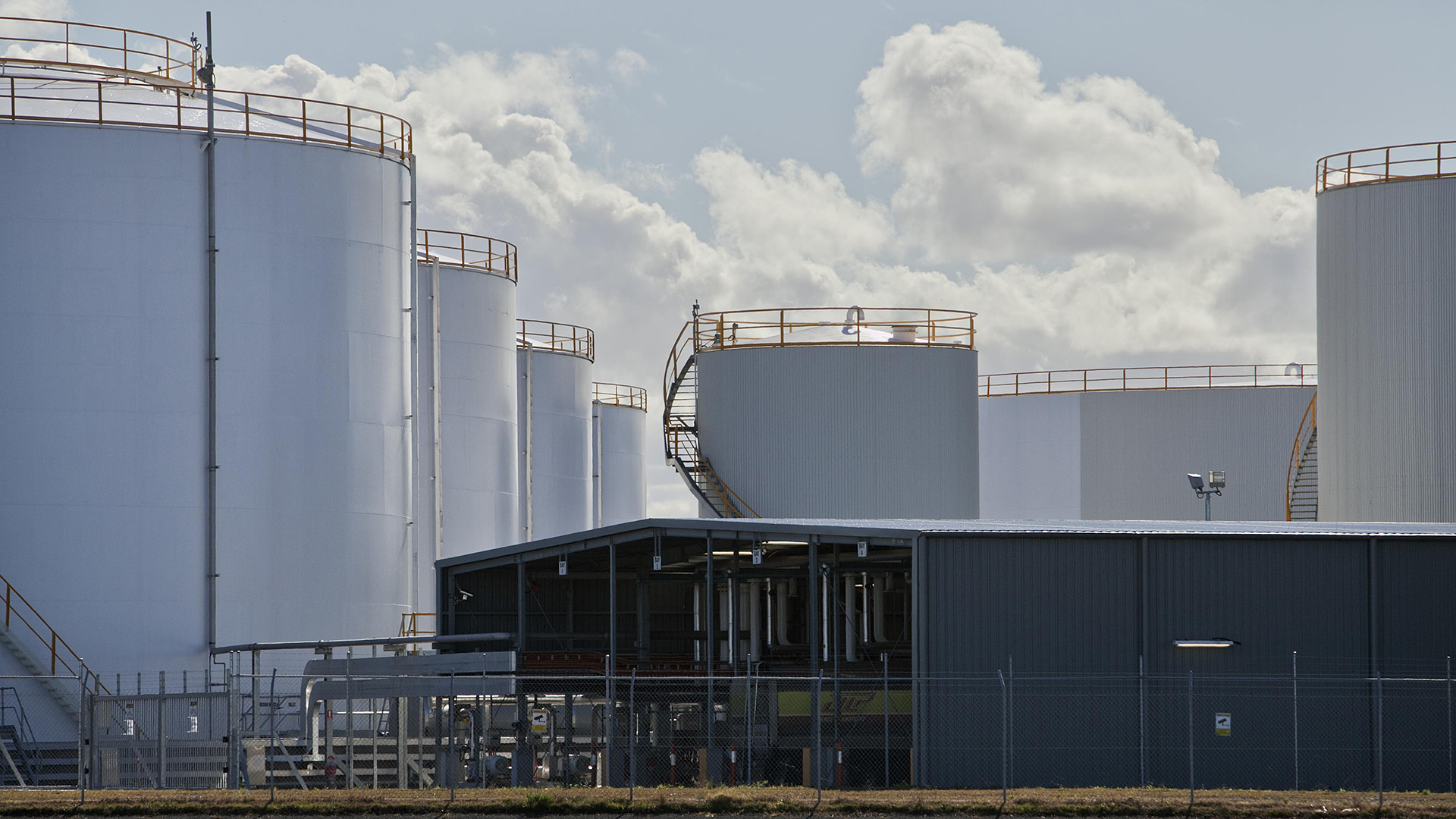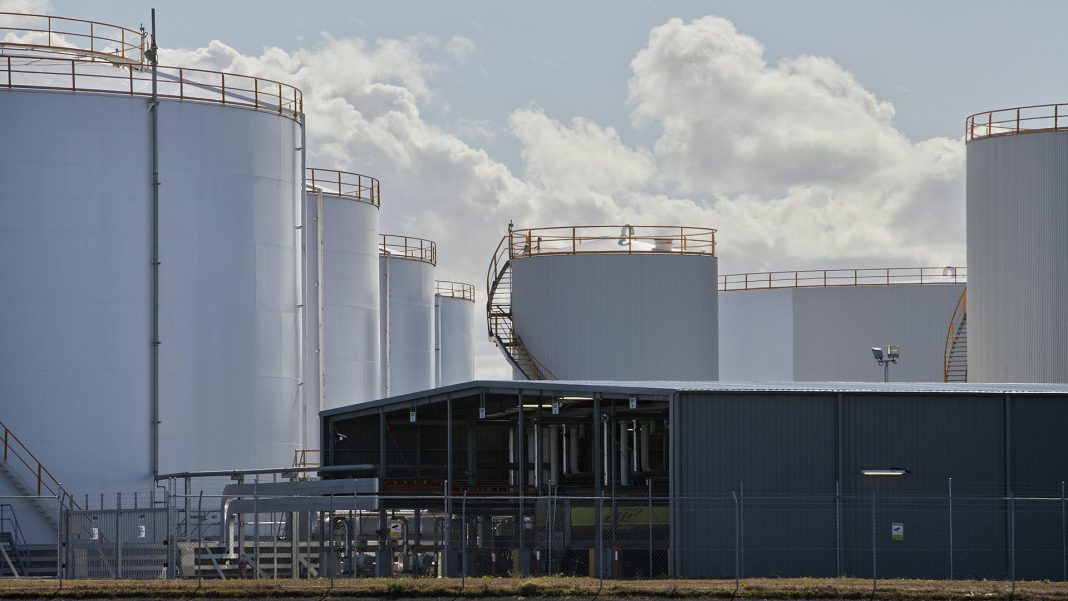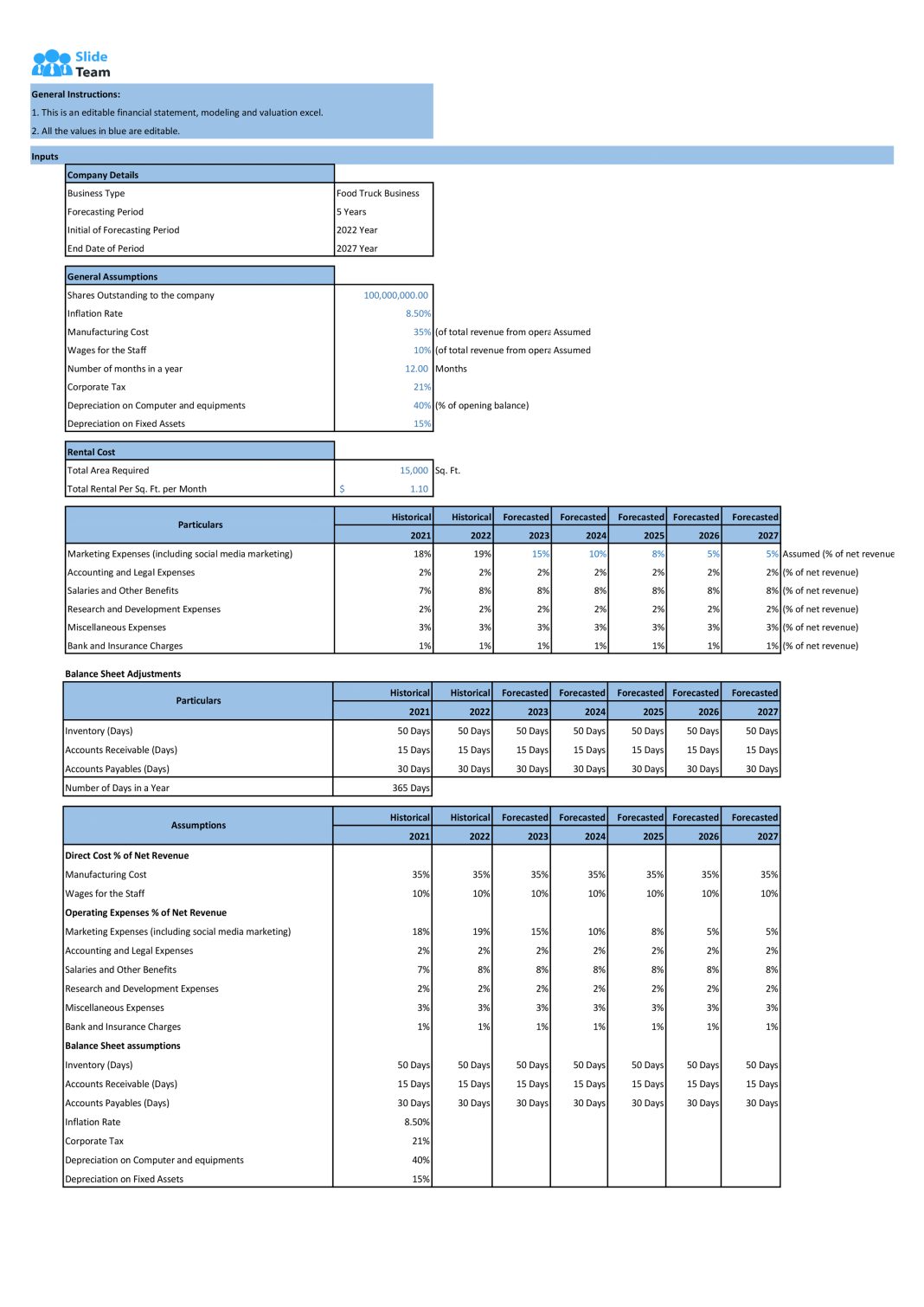
Exploring Sustainable Aviation Fuel: Boeing’s Project in Australia
Introduction:
Airlines have been actively seeking sustainable aviation fuel options to reduce their carbon footprint. However, the industry is still in its early stages. In a significant move towards achieving net zero emissions, global aerospace company Boeing is collaborating with Wagner Sustainable Fuels to develop a production facility for sustainable aviation fuels in Brisbane, Queensland, Australia. These fuels are made from waste oils, agricultural residues, and non-food crops, with the potential to reduce carbon dioxide emissions by up to 84% compared to regular jet fuel. Currently, sustainable fuel only accounts for 0.1% of global jet fuel use, highlighting the need for further development and adoption.
Supporting Australia’s Climate Goals:
Boeing’s investment in the project aligns with Australia’s climate goals. Kimberly Camrass, Boeing Australia and New Zealand sustainability lead, emphasized the significance of accelerating the local supply of sustainable aviation fuel to support the country’s climate targets. The project not only contributes to Australia’s own climate goals but also supports the global commercial aviation industry’s commitment to achieving net zero CO₂ emissions by 2050. This investment reflects Boeing’s commitment to making a real difference in developing a Sustainable Aviation Fuel industry in Australia.
Enhancing Fuel Security:
Apart from helping Australia reach its climate goals, the new facility in Brisbane will also strengthen the country’s fuel security. Currently, Australia imports 90% of its liquid fuel, including jet fuel, making it vulnerable to supply disruptions. As the demand for jet fuel is expected to rise by 75% by 2050, the establishment of a local production facility will enhance fuel security and reduce dependence on imports. The Queensland government has provided $760,000 for a feasibility study, with the overall project estimated to cost up to $1.7 billion.
Collaboration and Investments:
The partnership between Boeing and Wagner Sustainable Fuels received support from the Queensland government. Matt Doyle, CEO of Wagner Sustainable Fuels, expressed gratitude for the investment, stating that it would underpin Australia’s first sustainable aviation fuel facility. This collaboration will create local jobs, contribute to fuel security, and reduce greenhouse gas emissions from aviation. Qantas, Australia’s national carrier, is also involved in the project through its $400 million Climate Fund. The airline has committed to using 10% sustainable aviation fuel by 2030 and 60% by 2050.
Cutting-Edge Technology:
The Brisbane facility will utilize innovative technology developed by U.S.-based companies LanzaTech Global and LanzaJet. The technology, called CirculAir, converts waste carbon and renewable power into sustainable aviation fuel. Jennifer Holmgren, CEO of LanzaTech, highlighted the potential of the CirculAir platform to unlock carbon from various waste-based resources available in Australia, enabling the transition from fossil fuel jet fuel to jet fuel made from recycled carbon. Jimmy Samartzis, CEO of LanzaJet, emphasized that the Brisbane project positions Australia as a leader in the field by combining LanzaJet’s sustainable aviation fuel solution with LanzaTech’s carbon recycling technology.
Overcoming Challenges:
While the development of sustainable aviation fuel holds great promise, a study published in the journal Renewable Energy on Aug. 9 suggests that the market is currently limited. The study points out that the production of sustainable fuel is more expensive than traditional jet fuel due to the high cost of the refining process. It also highlights challenges such as feedstock availability, high production costs, regulatory frameworks, and the need for scaling up production to meet the increasing demand for air travel. Addressing these challenges will require intensive efforts from the aviation industry, including subsidies, incentives, and mandates.
Conclusion:
Boeing’s collaboration with Wagner Sustainable Fuels in Australia marks a significant step towards achieving net zero emissions in the aviation industry. By investing in the development of a sustainable aviation fuel industry, Boeing is not only supporting Australia’s climate goals but also contributing to the global commitment of the commercial aviation industry. The project will enhance fuel security in Australia and reduce greenhouse gas emissions from aviation. With the adoption of cutting-edge technology and collaboration with industry leaders, Australia has the opportunity to become a leader in sustainable aviation fuel production. However, challenges such as production costs and regulatory frameworks need to be overcome to unlock the full potential of sustainable aviation fuel and accelerate its widespread adoption.


